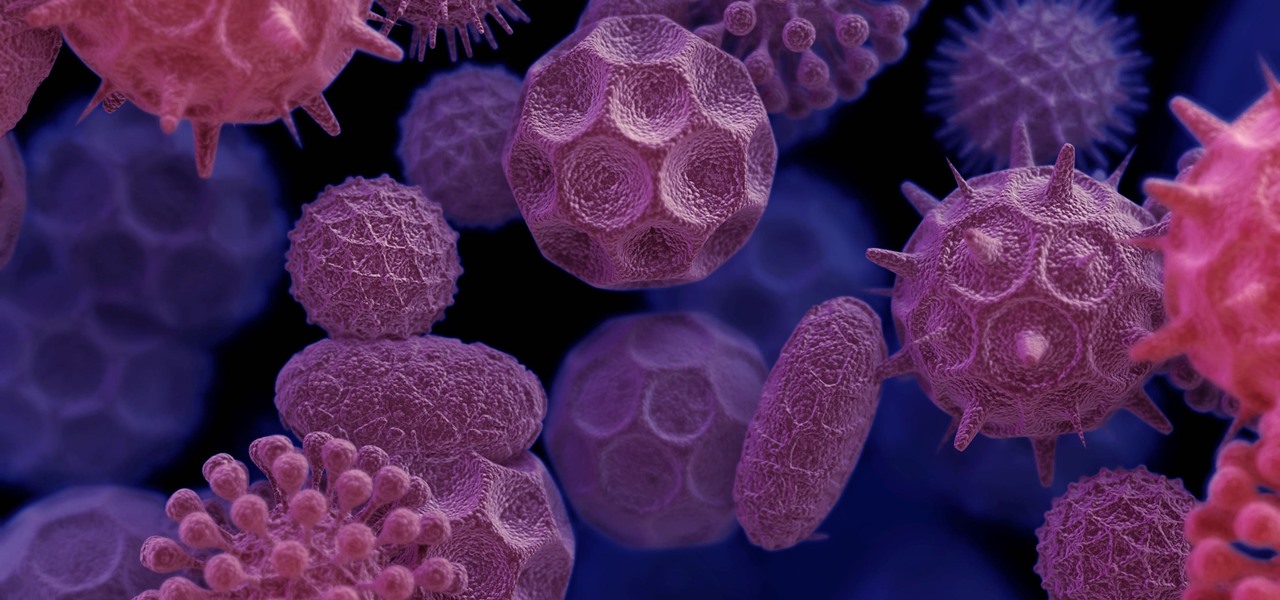Hot Invisiverse Posts

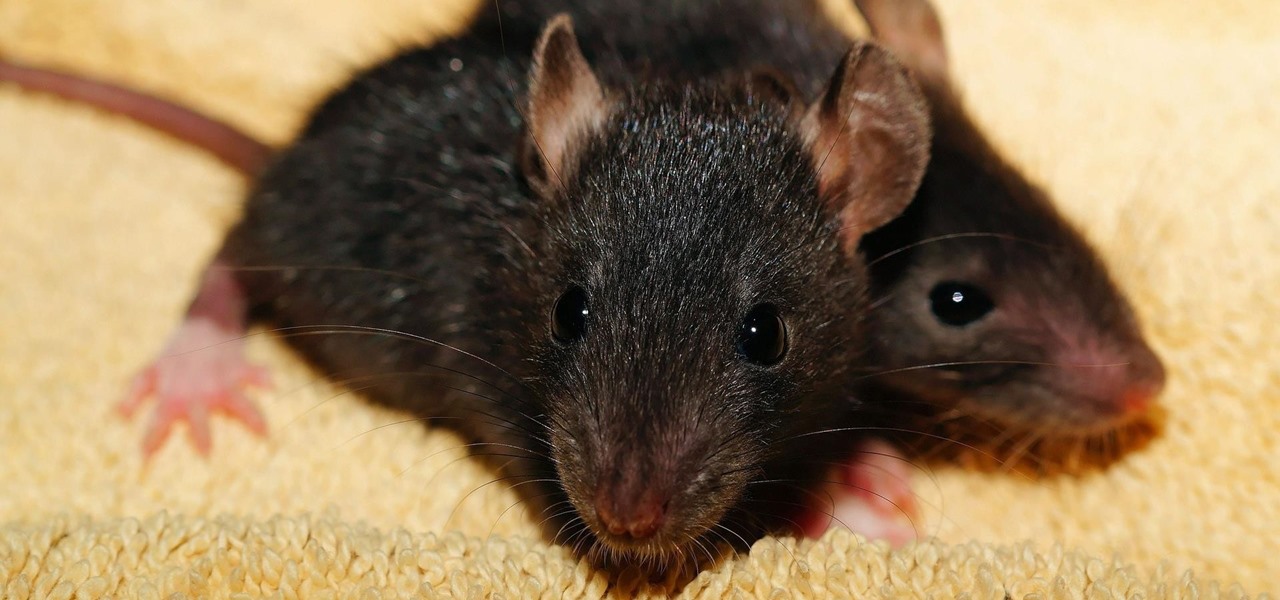
News: Bubonic Plague Is on the Rise in the US, but We Finally Know How to Treat It
Yes, bubonic plague—the Black Death that killed millions in the Middle Ages— is still out there. It even infects and kills people in the United States. Without treatment, half the people infected die, but the Food and Drug Administration approved ciprofloxacin in 2015 to treat plague, and it has just successfully been used to stop the infection in five people.
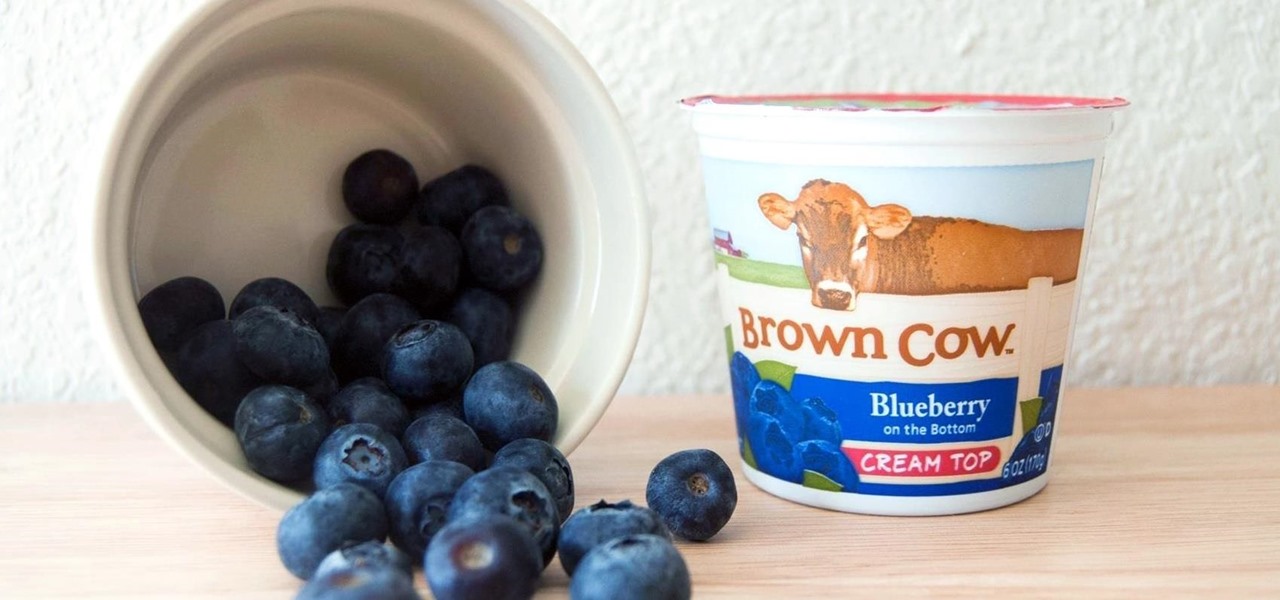
How To: The Fascinating & Disturbing Story of How Yogurt Was Accidentally Invented
You probably don't give much thought to buying yogurt in the store. You have your favorite brand, or maybe you like trying new varieties each week; either way, you just grab it and go.
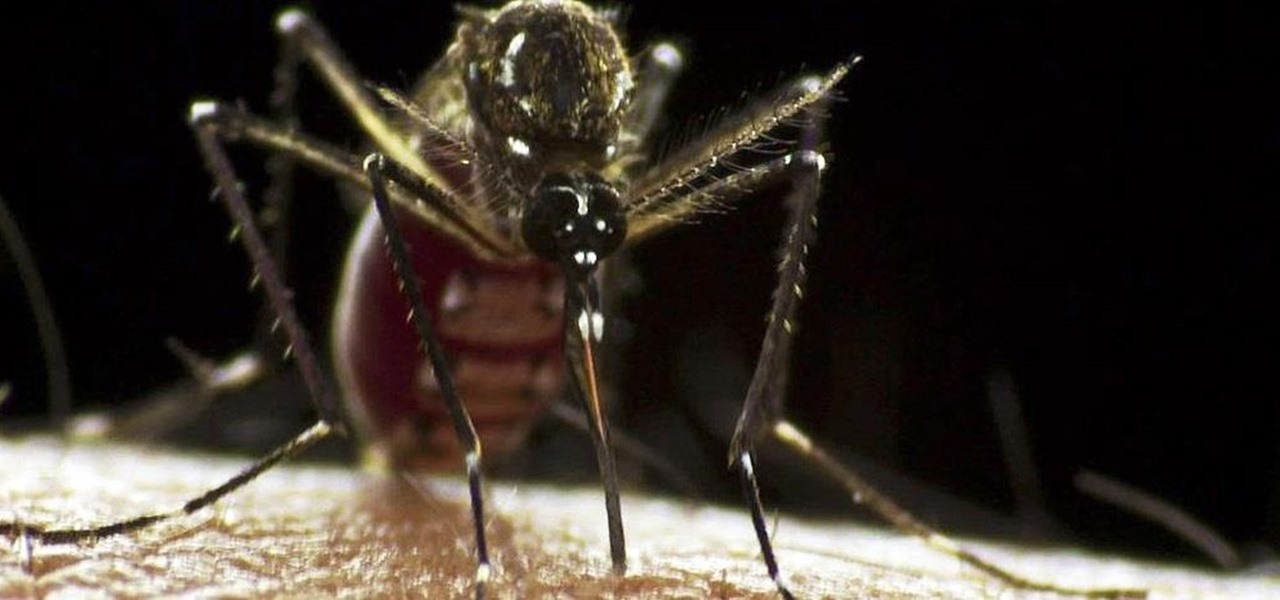
How To: Stop the Itch! 12 Quick Household Remedies for Relieving Itchy Bug Bites & Stings
With warm weather comes bugs, and with bugs come bites, and with bites come itches. From ticks and spiders to mosquitoes and bees, insect bites come in sundry shapes and sizes, but they all commonly pull an itchy, red reaction out of our bodies.
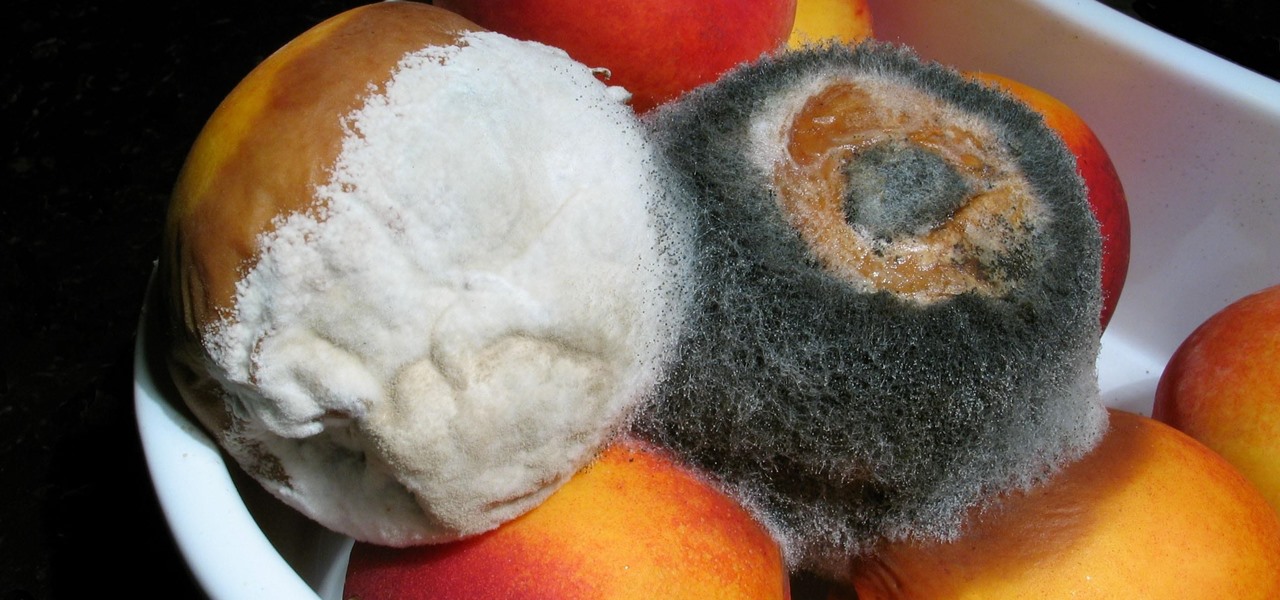
How To: Tell When It's Safe to Eat Around Moldy Food
It's always the snack you're most looking forward to that ends up being moldy when you open the fridge to grab it. Always. That slice of leftover pizza or chunk of cheese you've been thinking about all day? We've all been there. What separates us is how we choose to deal with it. Personally, I toss anything that has even the slightest hint of mold, but not everyone errs on the side of caution. Some people don't mind the risk and just cut off the green or fuzzy parts and eat the rest.

News: Radical Theory Linking Alzheimer's to Infections Could Revolutionize Treatment
There are all kinds of theories—many supported by science—about what causes Alzheimer's disease. Tangles of protein called ß-amyloid (pronounced beta amyloid) plaques are prominently on the list of possible causes or, at least, contributors. An emerging theory of the disease suggests that those plaques aren't the problem, but are actually our brains' defenders. They show up to help fight an infection, and decades later, they become the problem.
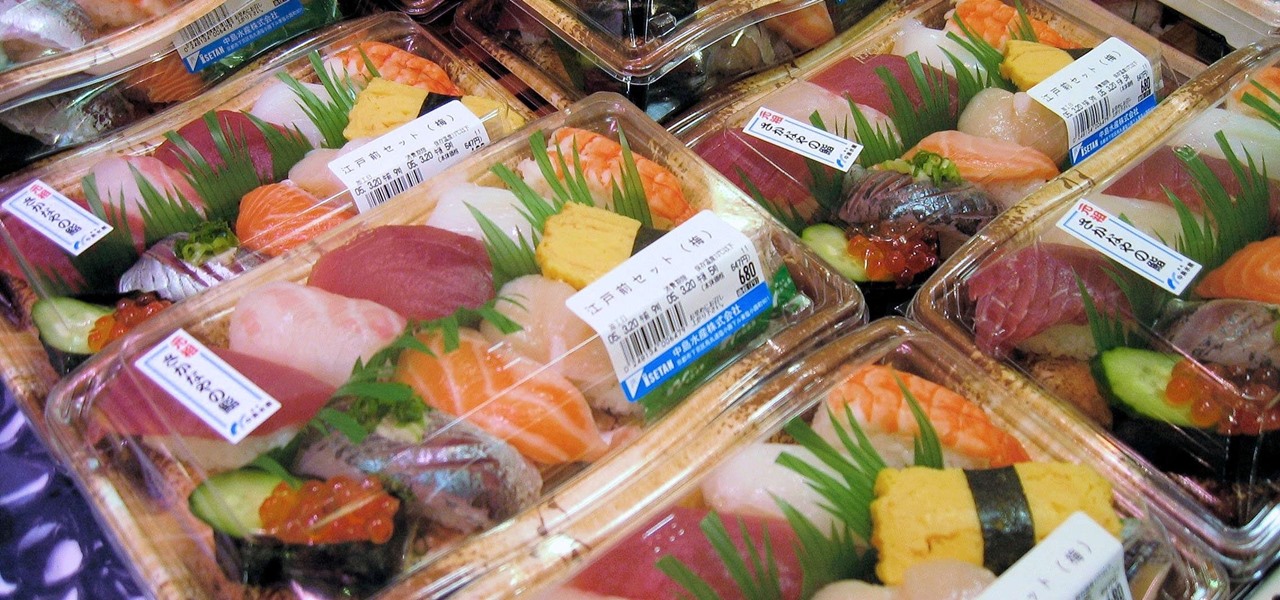
News: Thinking About Sushi Tonight? Your Raw Fish May Come with a Side of Invasive Parasite
After California college student Luis Ortiz blacked out and was taken to the hospital in 2015, doctors were startled to discover the reason his brain was swelling—a one-centimeter long, wriggling tapeworm living within a ventricle in the middle of his brain.
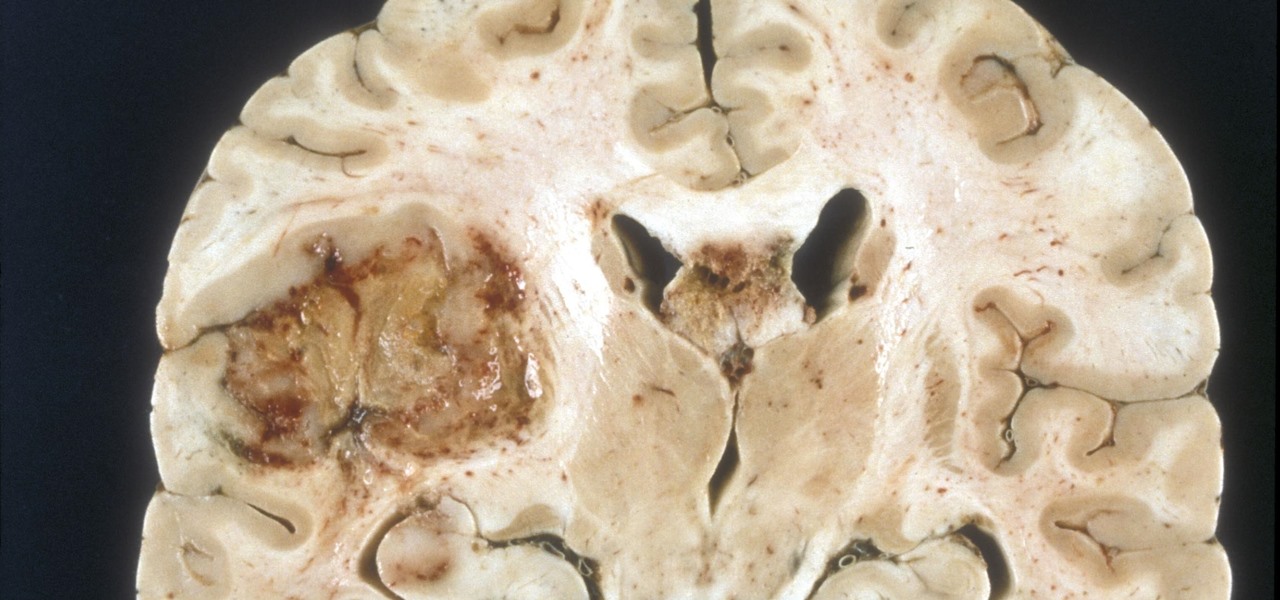
News: In the Ultimate Irony, Zika Virus May Cure Brain Cancer
A deadly type of brain tumor and Zika-related brain damage in developing fetuses are devastating brain conditions that, at first glance, may seem unrelated. However, thanks to new research, their paths seem to cross in a way that could benefit patients. A new study has shown that Zika kills brain cancer stem cells, the kind of cells most resistant to treatment in patients with glioblastoma, a deadly brain tumor diagnosed in about 12,000 people in the US each year.
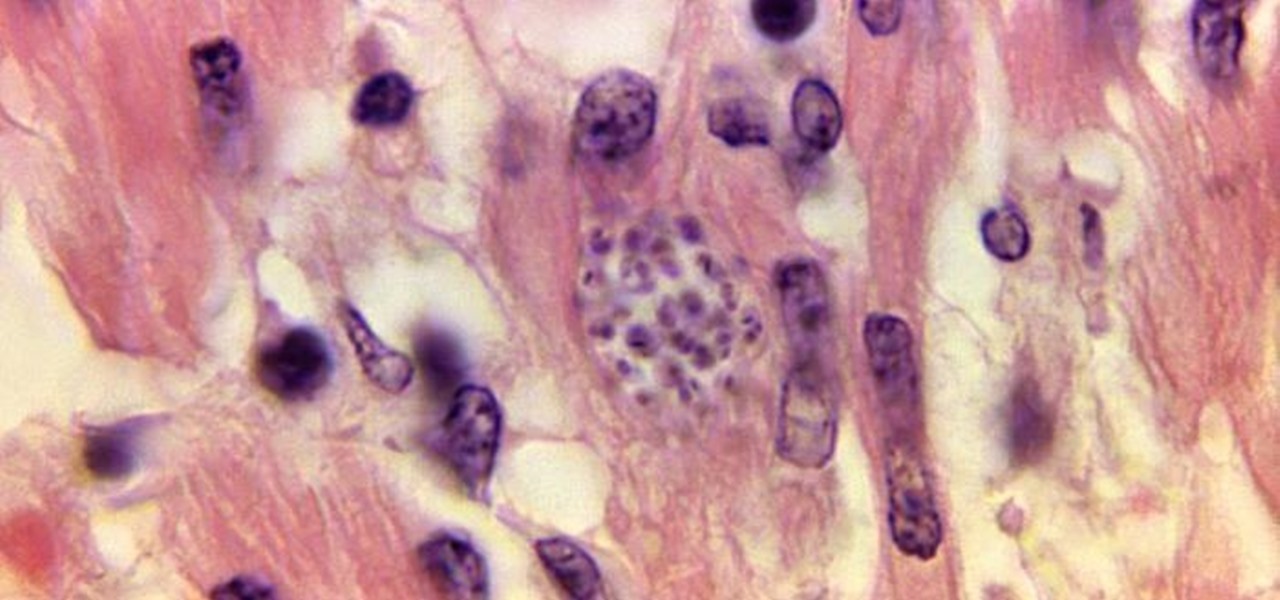
News: Finally! First US Treatment Approved for Heart-Burrowing 'Kissing Bug' Parasite
For the first time, the US Food and Drug Administration (FDA) has approved medication to treat children with a serious infection called Chagas disease, which stealthily infects and damages the hearts of millions of victims a year.
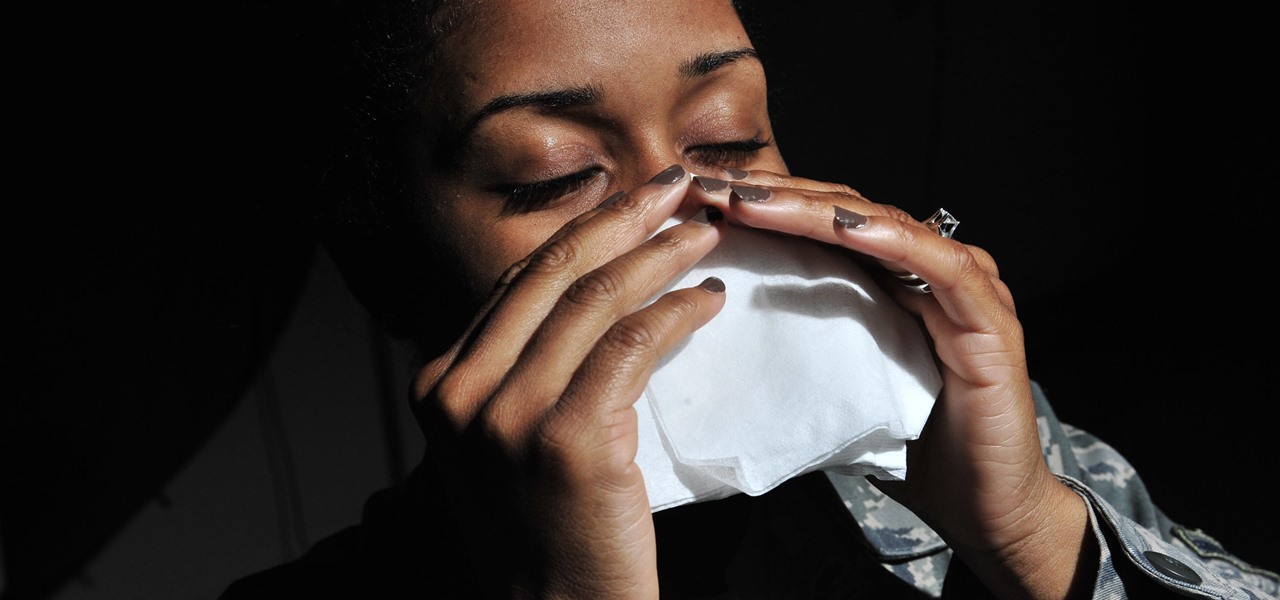
How To: Clear Your Stuffy Sinuses in Seconds Using Nothing but Pressure
When a stuffy nose hits, it feels like breathing clearly and easily may never come again. Allergies, colds, and even changes in weather can leave our sinuses blocked, with medicine seeming like the only option. But don't break out the medication just yet — relieving the pressure of a stuffy nose, a stuffy head, and stuffy ears can be as easy as touching a pressure point.
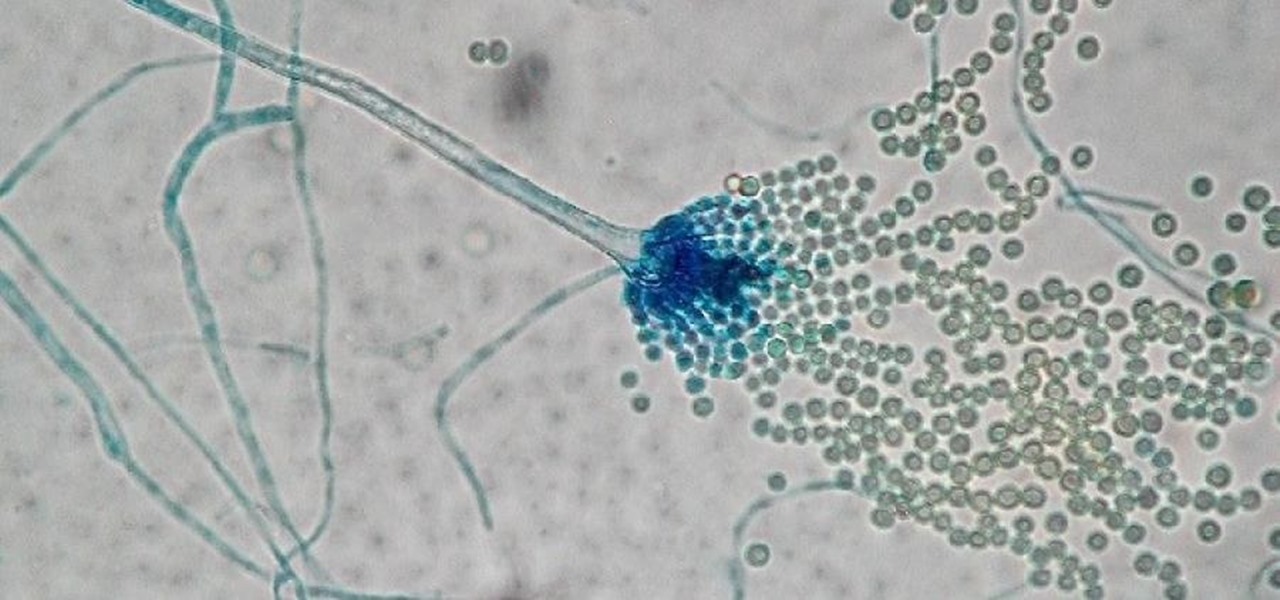
News: Hold That Breath — Fungus Goes Airborne Easier Than We Thought
Add breathing in your house as another possible danger to your health. If your home is sick, it's possible you could get sick too.

News: How Livestock Farts Lead to a Warmer Climate
When it comes to global warming, most of us think of carbon dioxide emissions. While carbon dioxide is the most important greenhouse gas, carbon dioxide emissions have stayed constant for the last three years. On the other hand, methane, the second most important gas, has been steadily rising since 2007.

News: Researchers Have Just Discovered How a Hospital Fungus Forms Slime, Becomes Drug Resistant & Kills Patients
It hasn't even been eight years since Candida auris was discovered—cultured and identified from the ear canal of a patient in Japan—and now it's drug-resistant, setting up residence in hospitals, killing patients, and wreaking havoc across the globe.
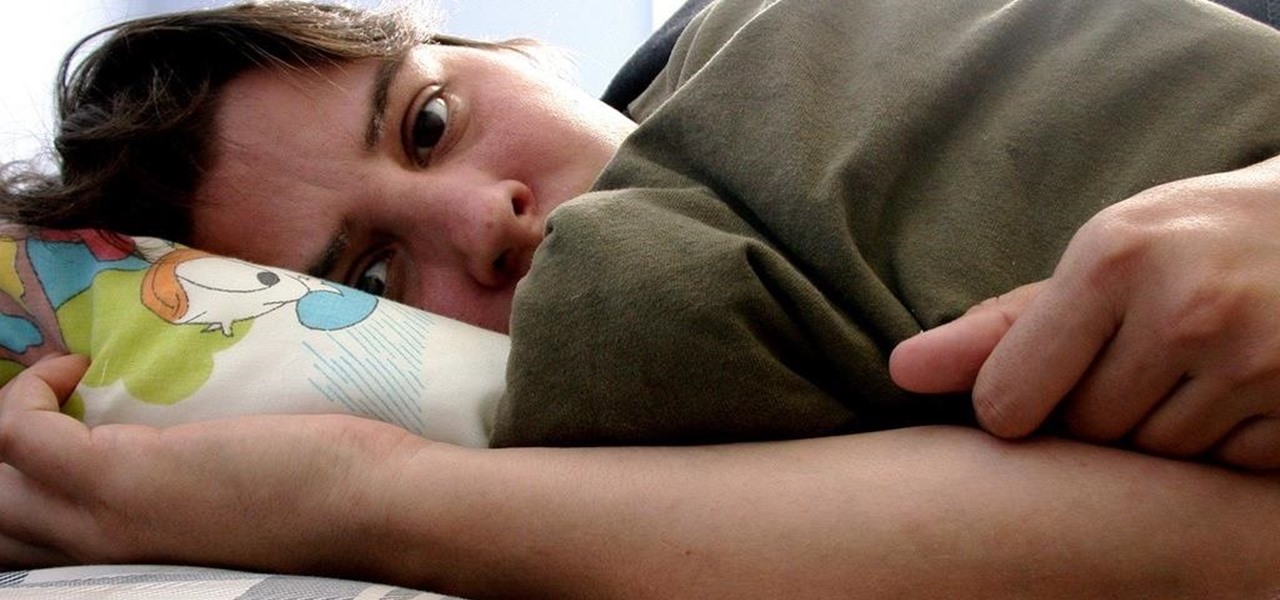
News: If You're Hungry When Sick, It Might Be Less Severe—But More Contagious
Lack of appetite often signals a cold or flu. Eating can be the last thing we want to do when we have a sore throat or are too fatigued or achy to even get out of bed. When hungry, we don't feel as strong as when we are well fed—and we more than likely aren't as strong.
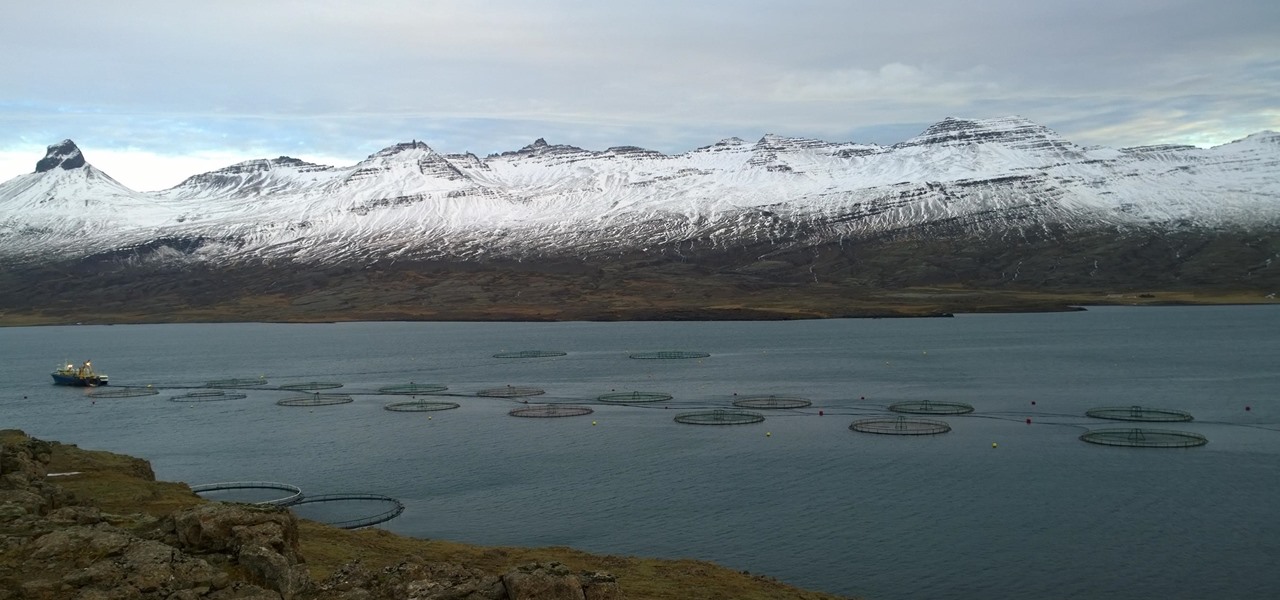
News: The Problem with Farmed Fish — Their Food Is Spreading Antibiotic Resistance
As the fish farming industry struggles to become more environmentally friendly, it just gained another problem. Fish food loaded with antibiotic-resistant genes.

News: Rare Raccoon Parasite Causing Blindness & Severe Brain Damage Could Be More Widespread Than We Knew
So cute, so furry, and so chock full of parasites. While raccoons are fun to watch, they are neither friendly nor clean — and they can make you sick in more ways than one.

News: How Calcium Sets Off a C Diff Infection
Unfortunately, the very places we go to receive health care put us at risk for becoming infected with superbugs, bacteria exposed to so many antibiotics that they have become immune to their effects. Clostridium difficile (C. diff) is one such bacteria. It causes inflammation of the colon and rampant diarrhea that can have life-threatening consequences. Part of its virulence lies in the tough spores formed by the bacteria. They are responsible for starting infections in the colon and for spre...
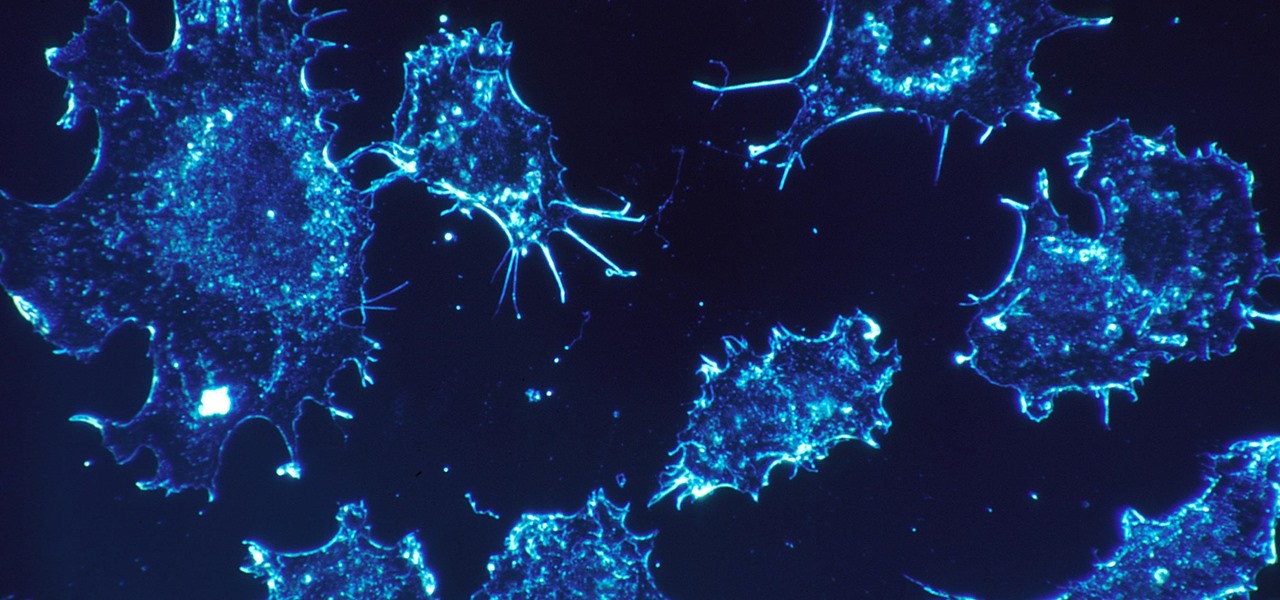
News: Dying Cells Do Tell Tales & What We Learn Can Help Us Stop Cancer from Spreading
As our cells age, they eventually mature and die. As they die, they alert nearby cells to grow and multiply to replace them. Using a special imaging process that combines video and microscopy, scientists have observed the cellular communication between dying and neighboring cells for the first time, and think they may be able to use their new-found information against cancer cells, whose damaged genomes let them escape the normal dying process.

News: Like Peaches? Protective Virus Could Save Millions of Dollars in Fruit from Fire Blight
Peach trees and other related plants are susceptible to the devastation caused by fire blight, a contagious bacterial disease. Once contracted, infected trees have to be burned to contain the disease and prevent spread to nearby trees. Increasing resistance to antibiotic treatment has sent scientists in search of alternative ways to deal with the bacteria and prevent its catastrophic damage.
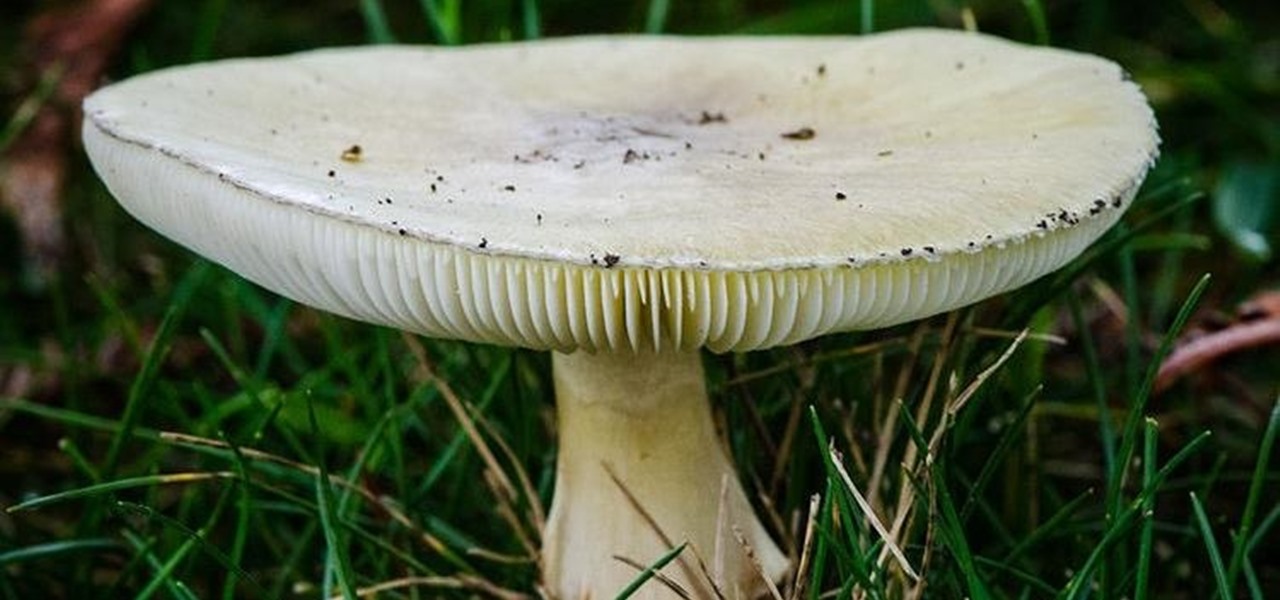
News: Watch Out Amateur Mushroom Hunters — Death Caps Are Nothing to Mess With
There is a reason the Amanita phalloides mushroom is called the "Death Cap." It can kill you. Mushrooms are a type of fungi, an organism that produces thread-like mycelia that often produce spores. Spores allow the fungi to reproduce. Molds, lichens, and yeast are all fungi, but the most visible fungi are mushrooms. Some fungi are delicious, but others can cause disease or, and still others, like Penicillium, can cure it.
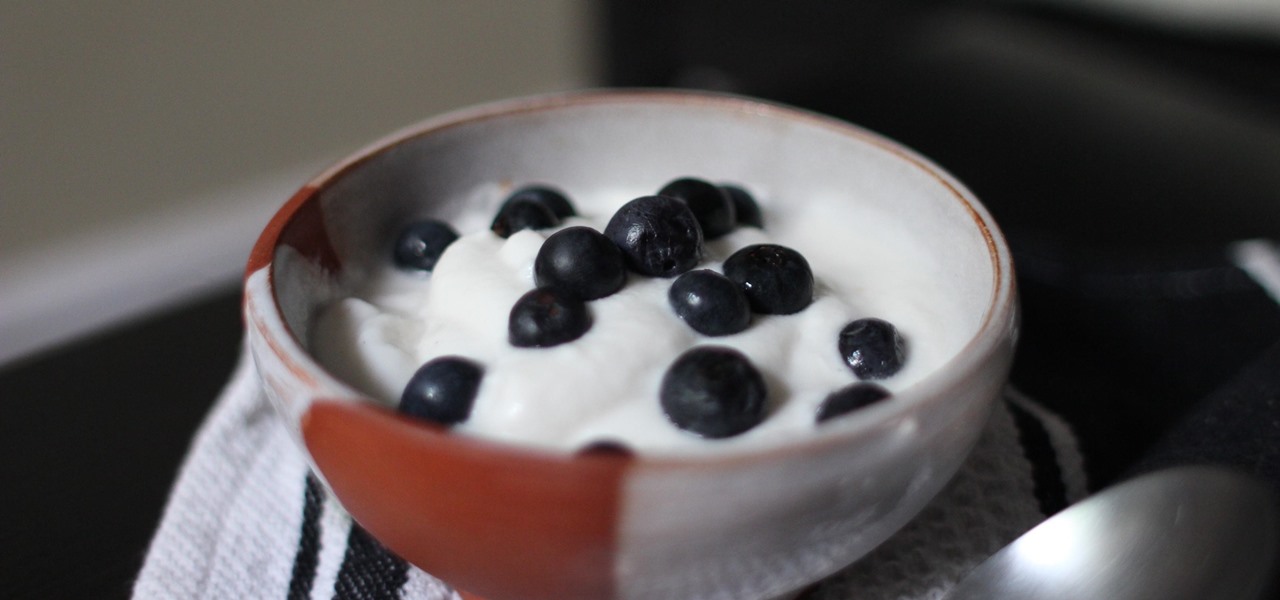
News: Yogurt Isn't Just a Probiotic — Its Unique Proteins Kill Bad Bacteria
Yogurt is more than an excellent source of protein, calcium, and gut-healthy probiotic bacteria. A protein isolated from probiotic lactobacillus bacteria in yogurt is capable of inhibiting drug-resistant bacteria.

News: A Bacteria Could Stop Citrus Greening Disease from Killing Orange Trees
Citrus greening disease — caused by a bacteria spread by psyllid insects — is threatening to wipe out Florida's citrus crop. Researchers have identified a small protein found in a second bacteria living in the insects that helps bacteria causing citrus greening disease survive and spread. They believe the discovery could result in a spray that could potentially help save the trees from the bacterial invasion.
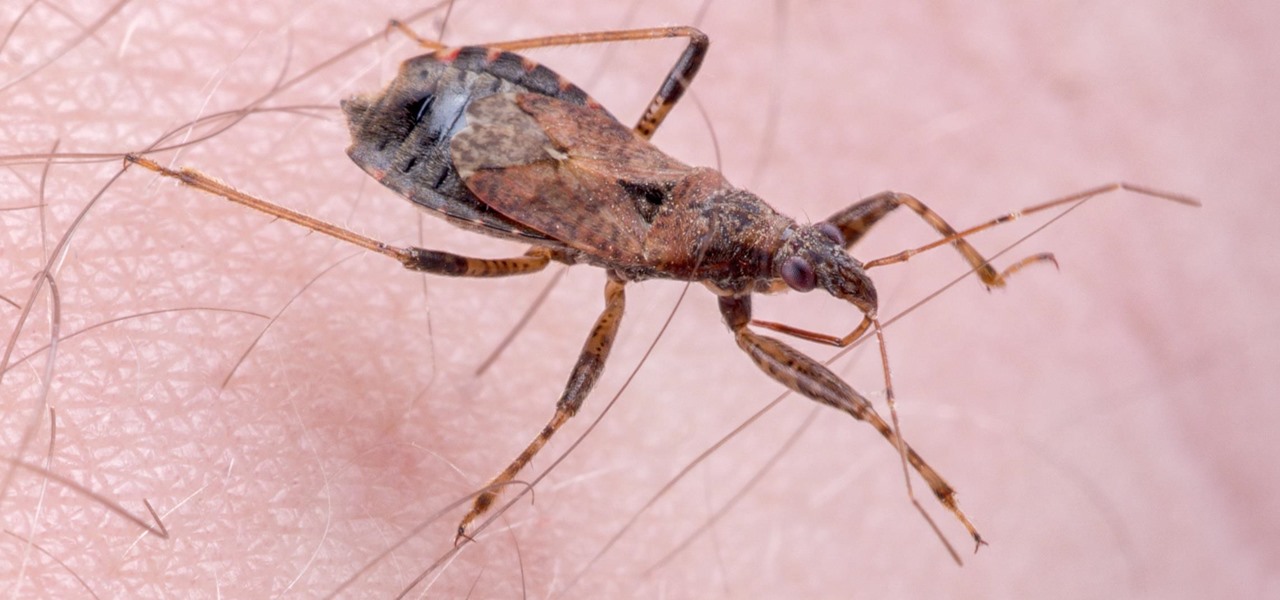
News: 10 Terrifying Diseases You're Going to Be Hearing a Lot More About
You may not have heard of visceral leishmaniasis, onchocerciasis, or lymphatic filariasis, and there is a reason for that. These diseases, part of a group of infections called neglected tropical diseases (NTDs), impact more than a billion people on the planet in countries other than ours. Despite the consolation that these often grotesque illnesses are "out of sight, out of mind," some of these infections are quietly taking their toll in some southern communities of the US.

News: Flesh-Eating Bacteria from Cat Scratch Leads to Death for Man in Thailand
Phuket, the island in Thailand typically associated with paradise and most recently, illegally-run hotels, now has a different problem—a stray cat with the claws of death.

News: Mass Die-Off of Thousands of Ducks in Idaho Caused by Avian Cholera
Over 6,500 waterfowl—mostly ducks—have died in Canyon County, Idaho, stricken by avian cholera. The outbreak started in February, and before it's over, it may not only be Idaho's largest outbreak, but one of the largest in the country.

News: New Study Shows that Superbug E. Coli Gets Stronger & More Dangerous When Doctors Use the Wrong Antibiotics
Although their effectiveness is waning, antibiotics remain a front-line defense against many infections. However, new science reveals using the wrong antibiotic for an infection could makes things much worse.

News: New Research Shows How Flesh-Eating Leishmania Parasites Hide in Our Bodies to Fight Future Infections
Transmitted by a sandfly one-third the size of a mosquito, parasitic Leishmania protozoa are responsible for a flesh-destroying disease that kills an estimated 20,000 people per year. Two new studies offer understanding of how the parasite provides immunity through persistence and why some people suffer more virulent forms of the disease.

News: The Root Cause of Type 1 Diabetes Could Be a Common Childhood Viral Infection
A young child becomes very thirsty very often and seems tired all the time. A visit to the pediatrician determines she has type 1 diabetes. The onset of type 1 diabetes may seem sudden, and it can be, but the disease may actually have been triggered by common childhood viruses years earlier.
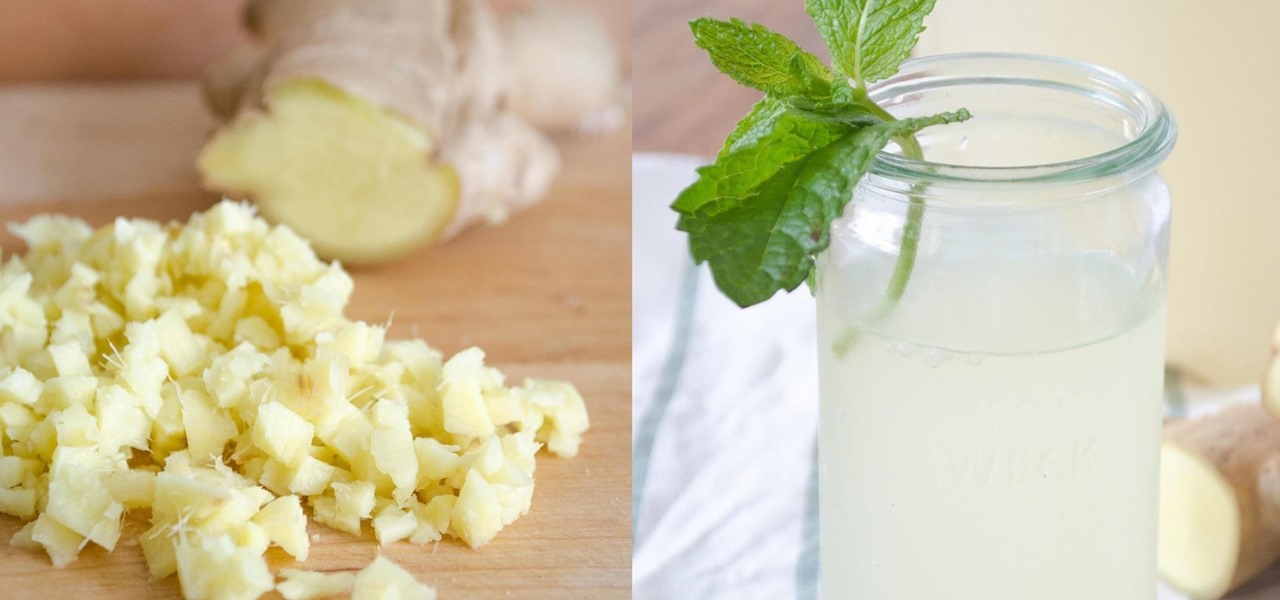
How To: Brew Your Own Ginger Beer Like a Boss
Step aside, ginger ale; ginger beer is here, and it's delicious. Ginger beer is made by fermenting a combination of ginger simple syrup, yeast, and water, which gives it its robust flavor and sparkling quality. It's extremely simple to make, but you do have to wait a bit for the final product. After a few days, though, your ginger beer will be sparkling and ready to drink as is, or in your favorite cocktail.

News: Out Damn Spot! Researchers Discover Microbes Are the Reason for Stains on Ancient Scrolls
This is a tale about microbes, a man who became a hermit, and the parchment that carries both of their stories.
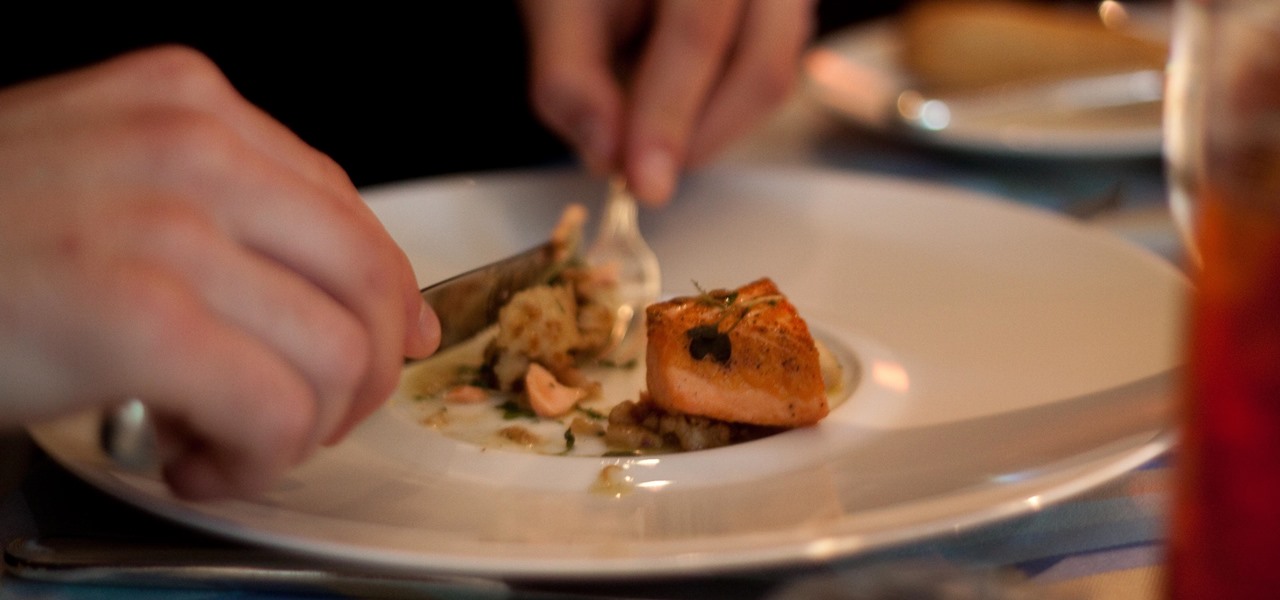
News: Deadly Fish Virus May Take Pacific Salmon Off the Menu
A virus easily spread among trout and salmon could make it harder to keep your favorite fish on the menu.

News: Airlines' Reliance on Group Boarding Could Spread Pandemics
On the airplane, in the middle of cold and flu season, your seatmate is spewing, despite the clutch of tissues in their lap. Your proximity to an infectious person probably leaves you daydreaming (or is it a nightmare?) of pandemics and estimating how likely it is that this seatmate's viral or bacterial effusions will circulate throughout the plane and infect everyone on board.
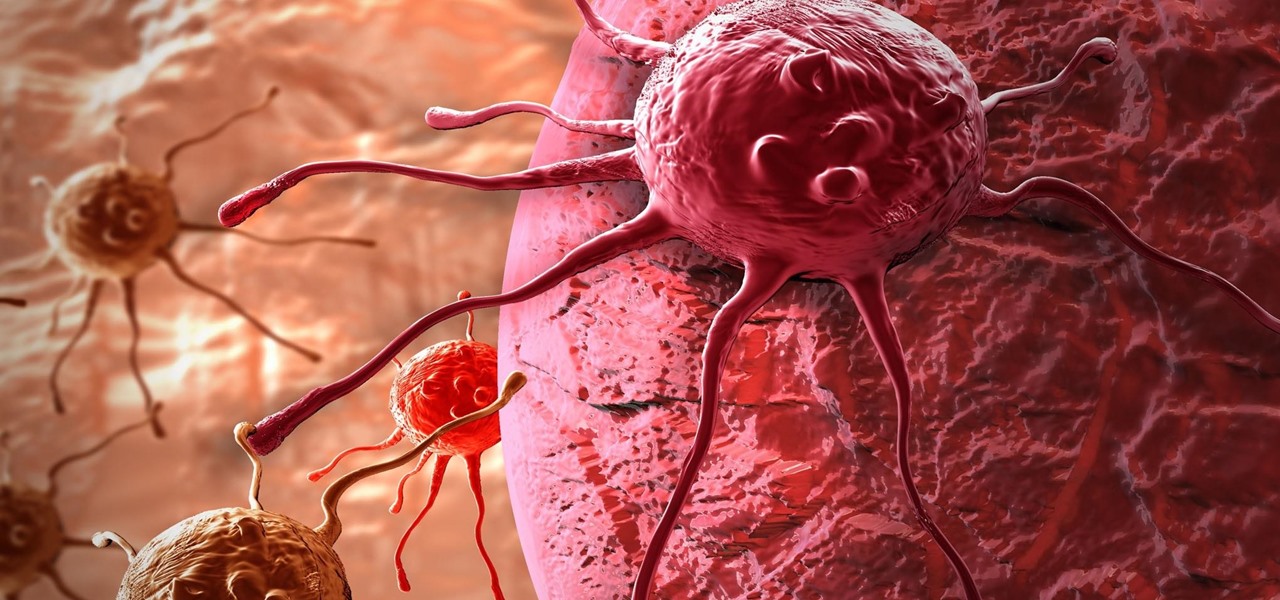
News: Cancer Patients Out of Options Are Hoping for a Cure from This Mysterious Bird Virus
Andre was enjoying the carefree life of a 12-year-old with his friends, riding his bike and playing sports, like all kids that age. Schoolwork wasn't hard for him, and his grades showed that.
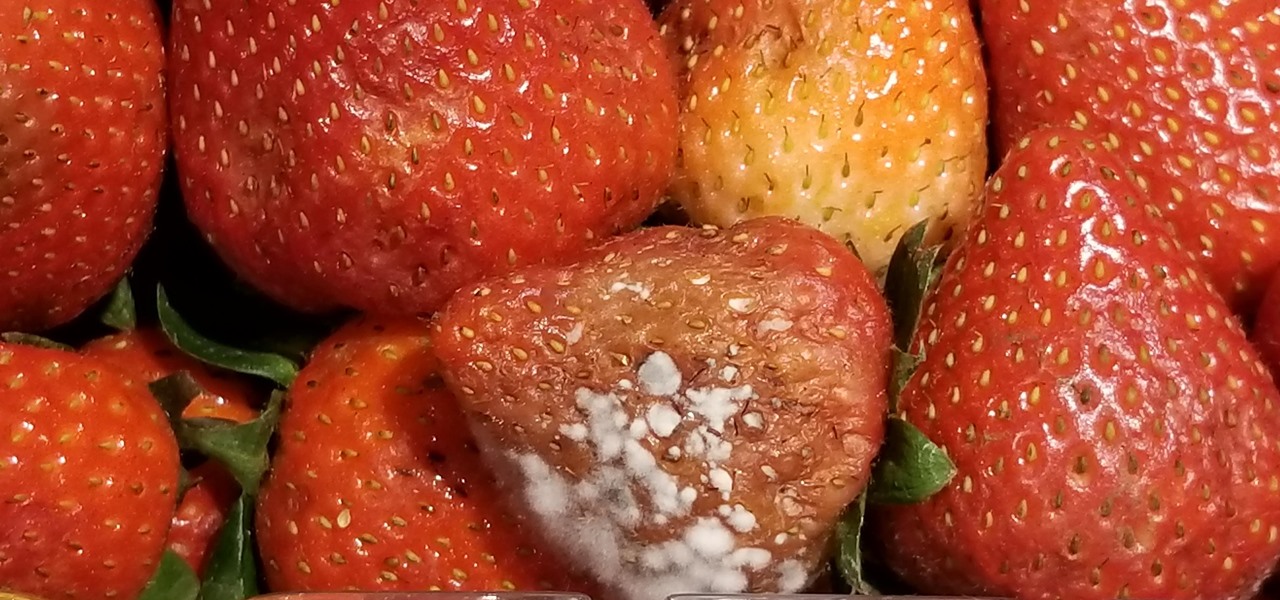
News: Microbe-Fighting Plastic Wrap Keeps Fruits Fresher for a Week
In the case of rotting food, microbes are not our friends. Now, scientists have developed a new food wrap coated with tiny clay tubes packed with an antibacterial essential oil that can extend the shelf life of perishable food, so we can waste less and eat more.

Inspirational Initiative: Cherokee Nation on the Way to Eliminating Hep C
A recent initiative by the Cherokee Nation American Indian Tribe delivers a success story for knocking out a silent killer — Hepatitis C.

News: Scientists Turn Bacteria into Mini Cyborg Solar Panels
Plants all around us capture sunlight every day and convert it to energy, making them a model of solar energy production. And while the energy they make may serve the needs of a plant, the process isn't efficient enough to generate power on a larger scale. So, scientists from the University of California found a way to treat bacteria with chemicals that turned them into photosynthesis machines, capable of generating products we can convert into food, fuels, and plastics.
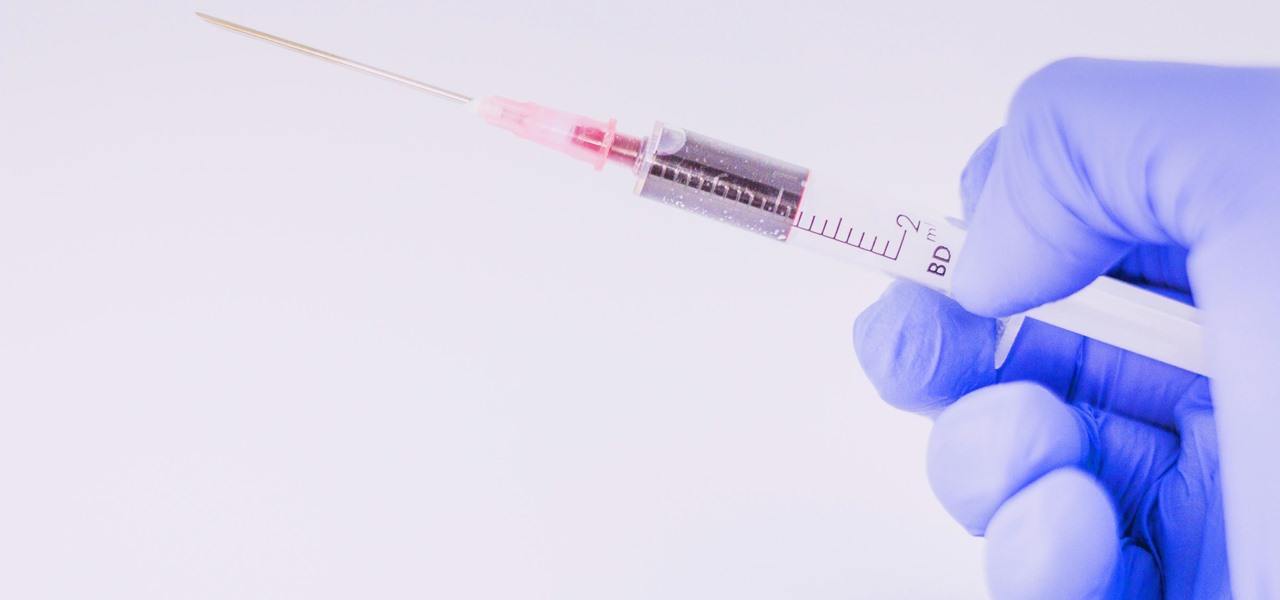
News: Monthly Injection Has Potential to Replace Daily Handfuls of HIV Drugs
People infected with HIV take many different types of pills every day to decrease the amount of virus in their body, live a longer and healthier life, and to help prevent them from infecting others. That could all be in the past as new clinical trials testing the safety and effectiveness of a new type of treatment — injections given every four or eight weeks — look to be equally effective at keeping the virus at bay.

Survival of the Fittest: Athletes' Gut Microbes Are Tailored to Help Them Compete
The bacteria in our gut — a community called the gut microbiome — have been in the spotlight a lot lately. What we're learning about how our intestinal bacteria adapt and grow with our bodies could help athletes perform better, according to researchers starting a company focused on creating probiotics that mimic athletes' microbiomes.

News: Arizona Woman Dies After Catching Tularemia from Her Dog
On June 11, 2016, an Arizona woman died from what appeared to be several infections, including pneumonia. She likely caught at least one of these from her dog.

News: Rising Tide of Dust in the US Could Mean Public Health Menace
Blowing dust and fungal spores are creating a public health problem that could be just a slice of what's to come with climate change.

Sweeter Than Blood: Researchers Are Making Mosquitoes' Preference for Sugar Deadly
If you have a taste for sweets, you have at least one thing in common with mosquitoes. While too much sugar is unhealthy for humans, a new product makes sweets deadly to mosquitoes.
